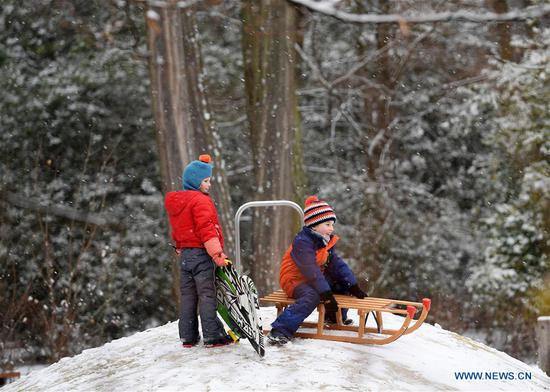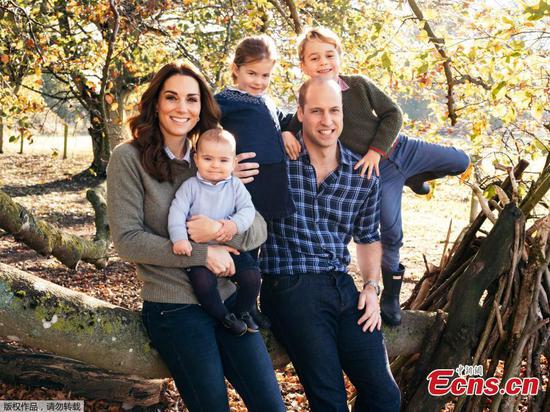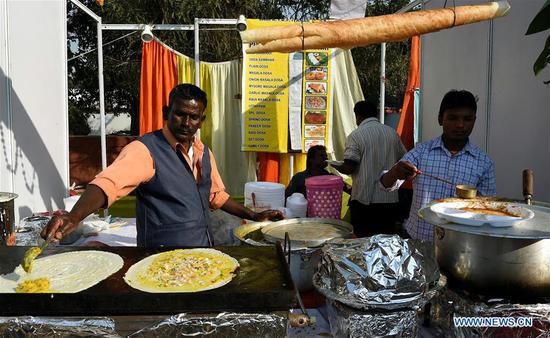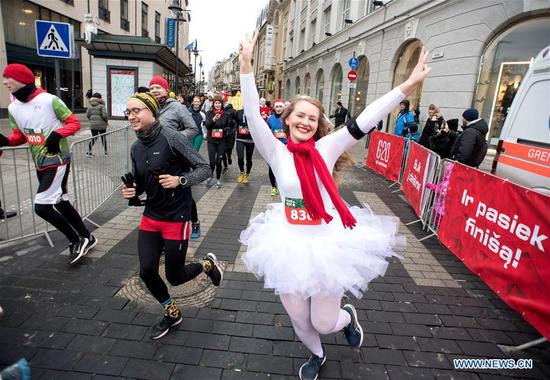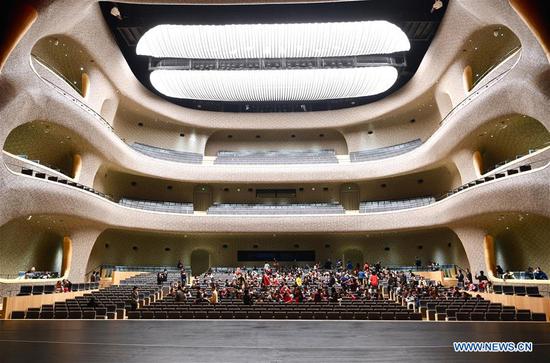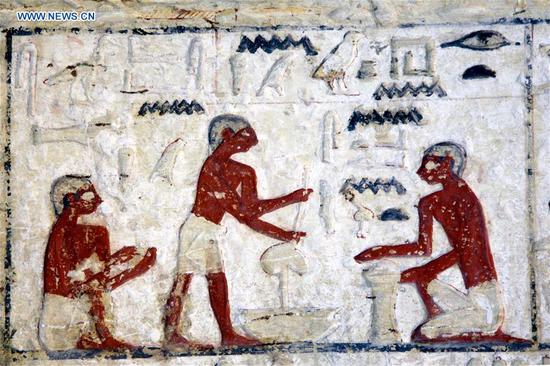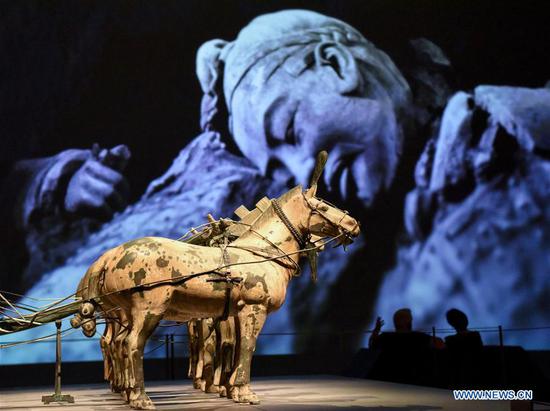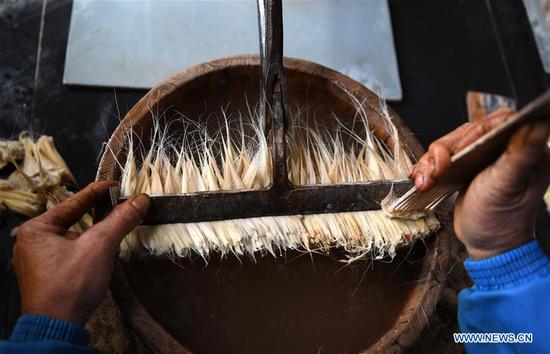British Prime Minister Theresa May Monday faced a second no confidence vote at Westminster in the latest row over her Brexit deal.
Jeremy Corbyn, leader of the main opposition Labour Party, tabled a confidence vote that would enable Members of Parliament (MPs) to decide if they have confidence in May as prime minister.
Media reports later said a vote of no confidence in the Conservative government had also emerged as a new threat to May, with the risk of a snap general election if she loses.
Corbyn told the House of Commons his move followed the failure of May to allow a debate by lawmakers on the Brexit deal she has struck with Brussels, accusing the prime minister of cynically running down the clock towards the Brexit deadline.
May told MPs that the vote on her deal would not take place until the week commencing Jan. 14, just 10 weeks before Britain leaves the European Union (EU) on March 29.
Parliament only sits until Thursday when it goes into holiday recess until Jan. 7
Corbyn is now awaiting a decision on when a no confidence debate will take place, but he said the government's refusal to allow a debate before the recess would demonstrate that May does not command the confidence of the House of Commons.
In a later development the Daily Telegraph reported Monday night that Labour may go further, and table a motion of no confidence in the government, not just May, if the original motion is not held Tuesday.
The Telegraph pointed out that a vote by the House of Commons of no confidence in May's Conservative government would be substantially more significant than a vote of no confidence in the prime minister, as it would trigger a general election.
With opposition MPs, such as the Scottish Nationalist Party, likely to support Corbyn, May's minority government would have to depend on the 10 MPs from Northern Ireland's Democratic Unionist Party (DUP).
If it progressed to a vote of no confidence in the government, the DUP is likely to support the government, as are Conservative MPs, knowing that it could pave the way for a Labour government if Corbyn wins the vote.
Corbyn told MPs the confidence motion was aimed specifically at the prime minister and not at the government as a whole, adding it was the only way he could think of ensuring a vote on the Brexit deal takes place this week.
He added: "The prime minister has obdurately refused to ensure a vote took place on the date she agreed, she refuses to allow a vote to take place this week and is now, I assume, thinking the vote will be on January 14 -- almost a month away. This is unacceptable in any way whatsoever."
He tabled the motion to parliament, saying "that this House has no confidence in the prime minister due to her failure to allow the House of Commons to have a meaningful vote straight away on the withdrawal agreement and framework for future relationships between the UK and European Union."
Earlier in the debate, Corbyn told MPs Britain faced an unprecedented situation after the prime minister had led the country into what he described as a national crisis.
Referring to May's latest meeting with EU leaders, Corbyn said the European Commission has been categorical, saying it will not renegotiate the deal struck with May.
He said: "The deal is unchanged and not going to change. This House (of Commons) must get on with the vote and move on to consider the realistic alternatives."
May, who just survived a no confidence vote among her own Conservative MPs, in a speech confirmed the parliament intended to return to the Meaningful Vote debate in the week commencing Jan. 7 and hold the vote the following week.
She told MPs: "When we have the vote, MPs will need to reflect carefully on what is in the best interests of our country. We asked the British people to take this decision, and the British people responded by instructing us to leave the European Union."
She ended her message with a plea to politicians: "At this critical moment in our history, we should be thinking not about our party's interests, but about the national interest."
May will chair a meeting of her senior ministers at Downing Street Tuesday morning when top of the agenda will be a discussion on increasing preparations for a no-deal Brexit.











